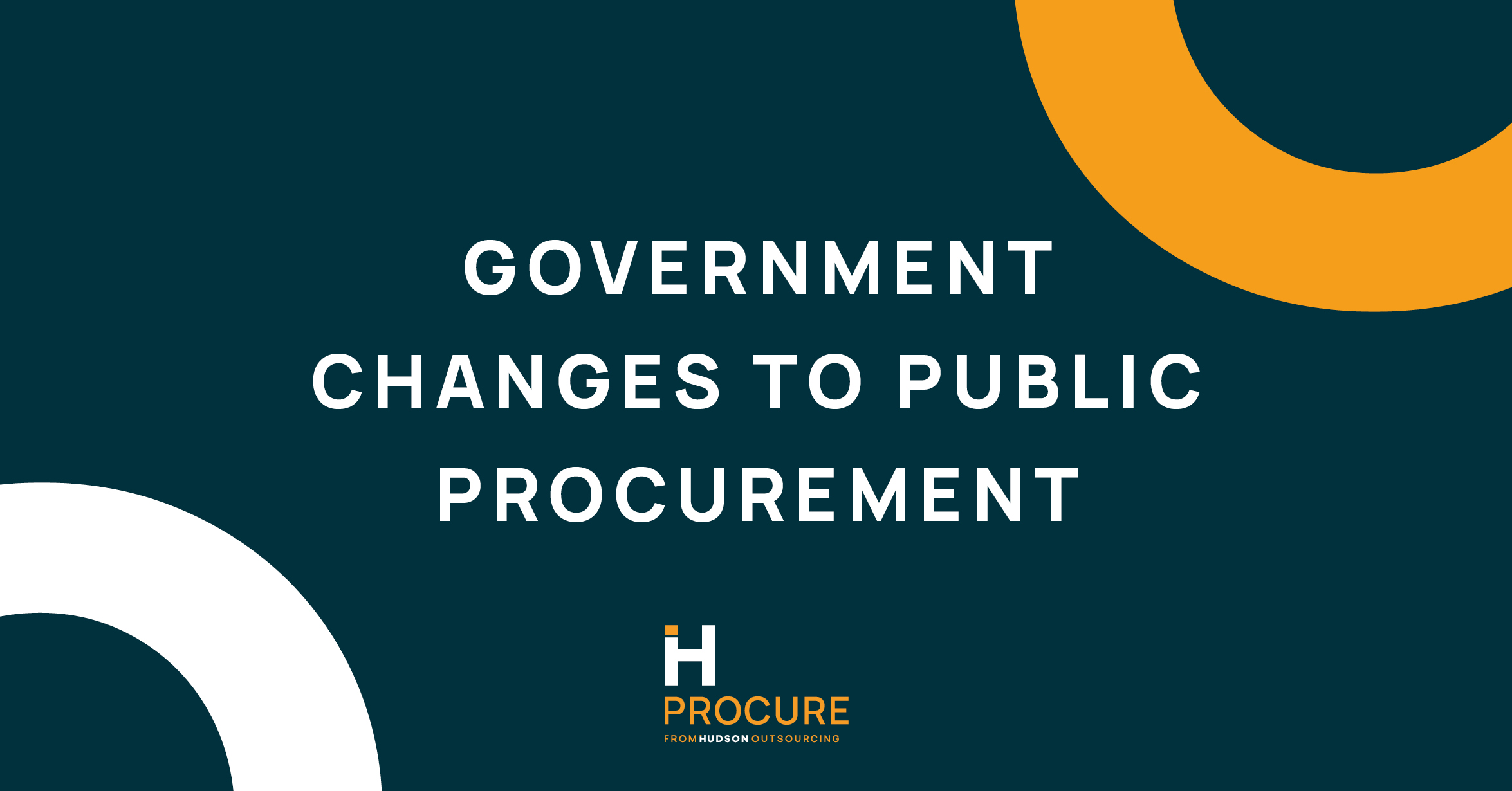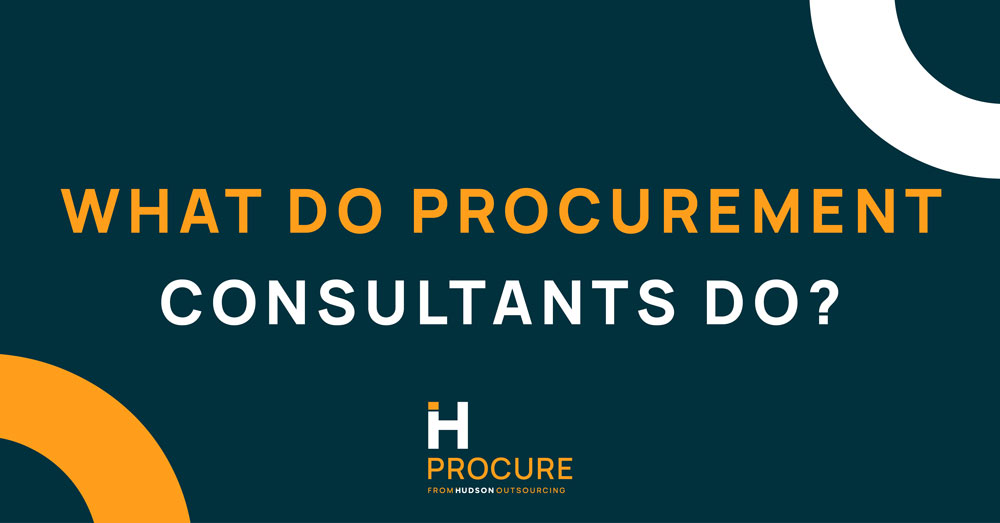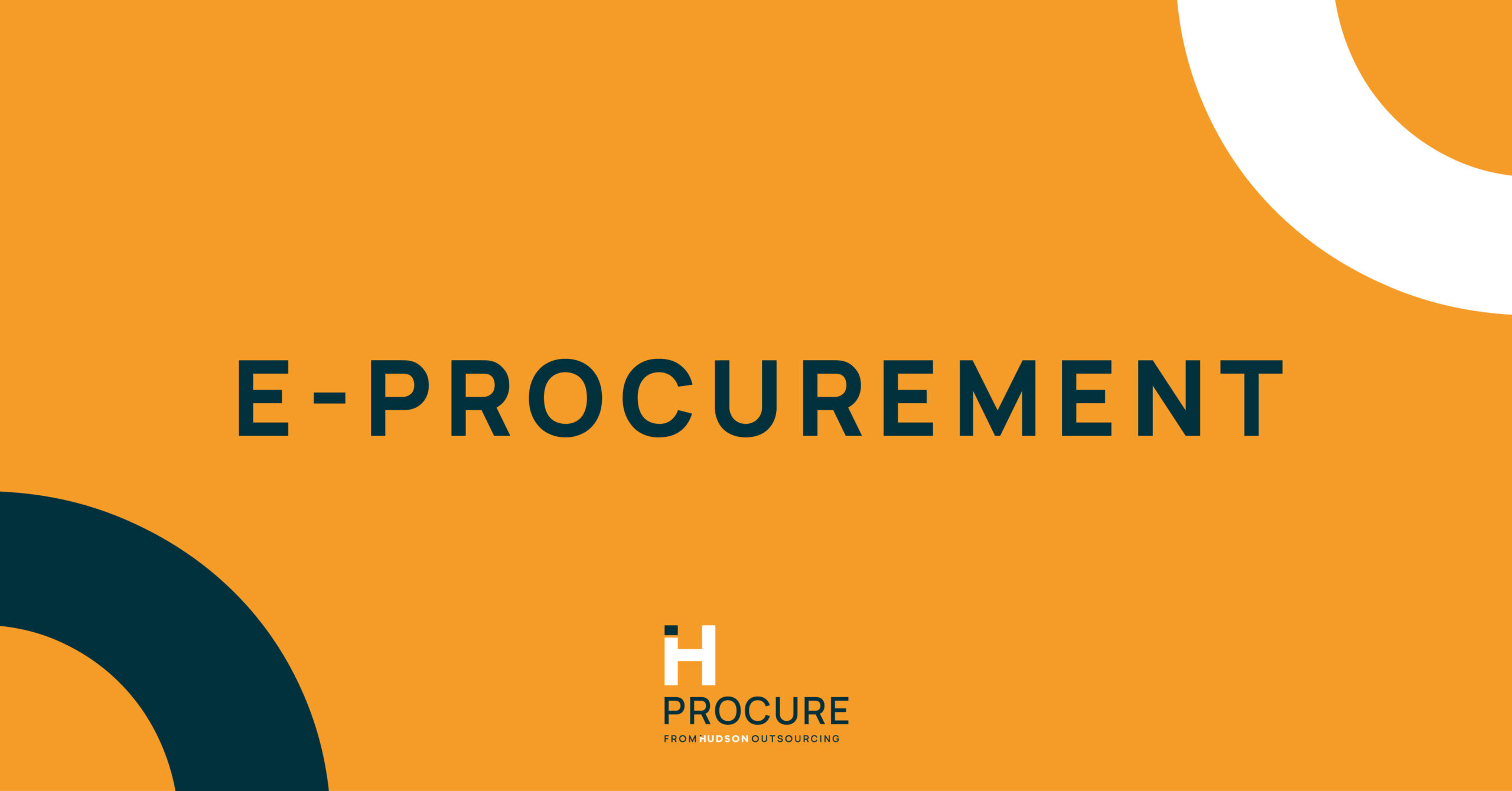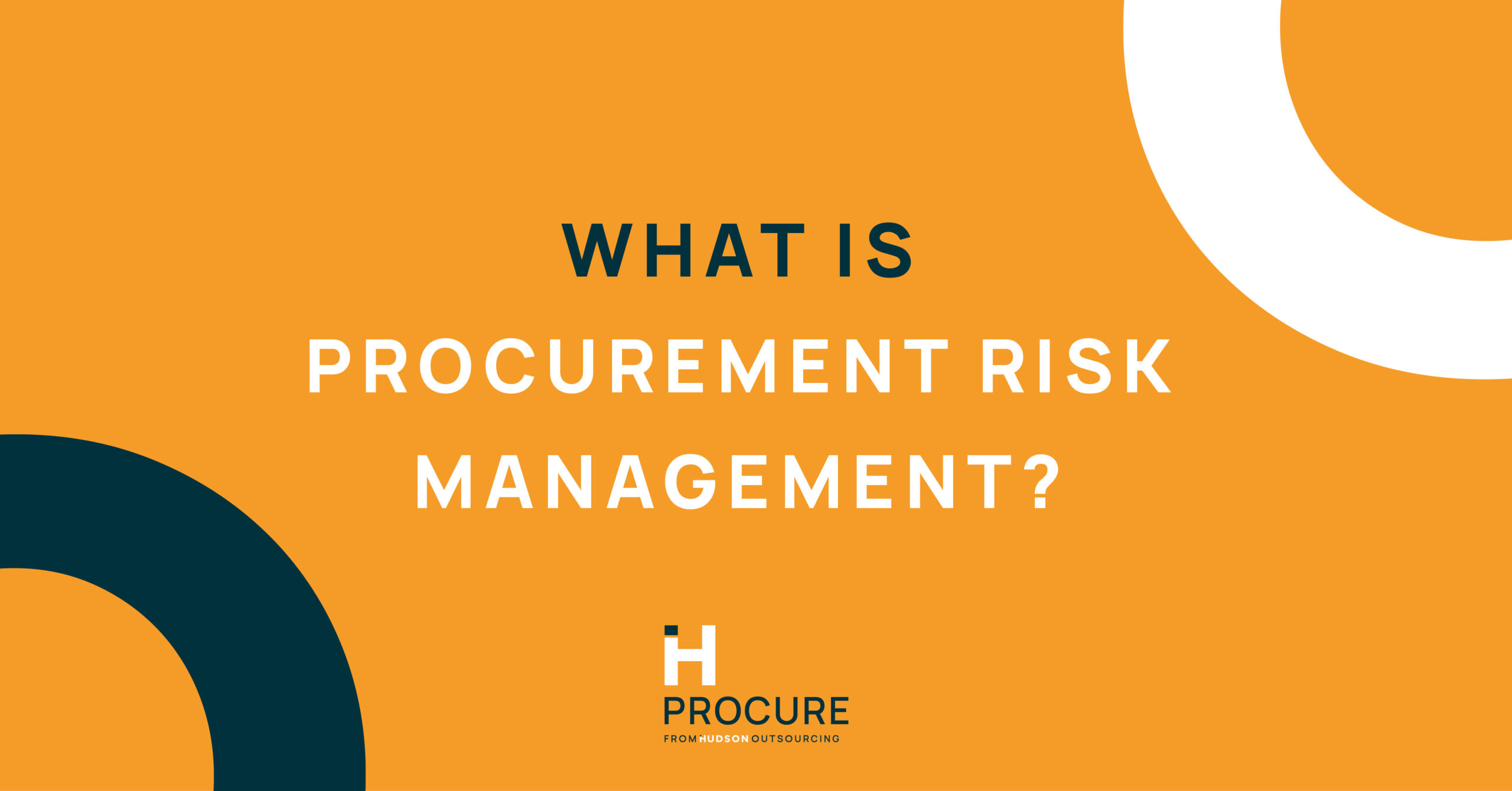Changes to public procurement: What should you expect?
In the UK, public procurement accounts for around a third of all public spending, at around £300 billion each year. Because of this, the UK Government has plans to improve the procurement process in the public sector. By transforming public procurement, the taxpayer will be saving money and public services will improve. Not only that but there will be more opportunities for businesses going forward.
What’s happening?
In 2020, the UK Government published a Green Paper, outlining the proposed changes to the public procurement process. The new approach aims to meet the regulations set out in the international Agreement on Government Procurement (GPA).
In the Green Paper, the UK Government has offered several proposals and invites consultation from interested parties.
However, is it important to note that these changes will not impact the current process for purchasing healthcare services. This aspect of public procurement is being reviewed and consulted on by the Department of Health and Social Care.
What is different about these changes?
In previous years, changes to public procurement have always had to work around EU-based regulations. However, after Brexit, the UK’s task of transforming public procurement looks slightly different.
Now, the Government hopes to enact changes that aim to:
- Boost growth and productivity within the UK
- Maximise value for money
- Increase social value
- Promote efficiency, innovation and transparency.
A summary of each proposal
Below is a summary of each proposal that the UK Government has outlined in the Green Paper. The proposed changes include:
Creating a simple regulation framework
As part of transforming public procurement processes, the Government aims to simplify the current regulations into one framework. The current regulations include:
- Public Contracts Regulations 2015
- Concession Contracts Regulations 2016
- Utilities Contracts Regulations 2016
- Defence and Security Public Contracts Regulations 2011.
With the new changes, these regulations, and any others, would be consolidated into a single set of rules. By doing this, the Government hopes to create a streamlined procurement process.
Reducing the number of procurement methods
Currently, buyers can choose from seven procurement methods. These include:
- Open tendering
- Restricted tendering
- Competitive procedure without publication
- Competitive dialogue
- Innovation partnership
- Competitive procedure with negotiation
- Design competitions.
Instead, the Government hopes to narrow these methods down to three. As a result, public procurement would include:
- Competitive flexible procedures
This method would be consistent with the general principles of public procurement, such as transparency and fairness. It would also increase flexibility for Procurement Teams and introduce opportunities for innovation and negotiation.
These procedures would remain the same as the current processes, typically known as “routine procurement”.
- Limited tendering procedure
This process would be similar to the competitive procedure without publication. In essence, this method would primarily be used when the purchase of goods and/or services is considered urgent.
Changes to “crisis criteria”
By transforming public procurement, the UK Government also hopes to make changes to the current “crisis criteria”. In other words, the requirements that contracting authorities must meet in order to procure goods and/or services in an emergency.
As part of the proposal, the parameters of what constitutes a “true emergency” will change. These proposed changes will, ideally, increase fairness and transparency among public procurement practices.
Bring procurement principles into UK law
As we’ve already established, until recently, public procurement in the UK was bound by EU regulations. However, after Brexit, this is no longer the case. Therefore, the UK Government proposes that the key “procurement principles” are brought into domestic law.
These principles include:
- Public interest
- Value for money
- Transparency
- Integrity
- Fair treatment of suppliers
- Non-discrimination.
MEAT becomes MAT
The most economically advantageous tender, or the MEAT, is a crucial component of public procurement. However, the proposed changes mean that the MEAT could become the MAT.
By changing the MEAT to most advantageous tender, the UK Government hopes to widen the scope of procurement. The hope here is that buyers will place more weight on non-economic factors. This could include factors such as social value.
Further changes to the evaluation process
By transforming public procurement, the UK Government also hopes to make further changes to the tendering evaluation process. The proposed changes will encourage buyers to consider other factors in their selection process. These could be factors that aren’t directly related to the contract’s subject matter. For example, a supplier could be favoured for their commitment to achieving environmental targets in a wider context.
Changes to multi-supplier channels
The Green Paper outlines two proposals which focus on multi-supplier channels. The suggested changes include:
- A new Dynamic Purchasing System (DPS+), which could be utilised for a wider range of goods and services.
- Potentially extending framework agreements beyond a period of four years. However, a “staggered” approach would be introduced, whereby frameworks would be established for four-year terms, allowing up to eight-year terms.
Transparency in public procurement
To increase transparency and to streamline the end-to-end procurement process, the Green Paper proposes the following changes:
- Introducing a single data platform for suppliers to register their data, streamlining the qualification procedure.
- Widening the grounds in which a buyer can exclude a supplier from consideration. For example, based on poor past performance or the non-disclosure of beneficial ownership.
- Potentially introducing a centrally managed list of debarred suppliers, making it easier for buyers to access information about bidders.
- Contracting authorities could use the Open Contracting Data Standard to upload and maintain data, accessible to all public bodies.
- Wider assumption of the publishing of contract notices and contract award notices. This would also include variations to pre-existing contracts and tenders.
Tackling public procurement challenges
Ultimately, the Green Paper put forward ideas for tackling common challenges in public procurement. These include:
- Potentially introducing a specialised tribunal for procurement challenges, instead of the High Court. This would be introduced to streamline the system.
- Quicker ways to lift/retain automatic suspensions.
- Removing automatic suspensions from contract awards in situations driven by crisis or extreme urgency.
- Eliminating the requirement for buyers to send mandated debrief letters to suppliers. However, the buyer will still need to publish a basis level of information with a tender notice.
- Capping damages on challenges to their legal fees and excluding damages for loss of chance. The aim of this change is to discourage suppliers from making speculative challenges.
A word from our Procurement Director
Speaking of the proposed changes to public procurement, our Procurement Director, Daniel Gibson, said:
“The anticipated reforms to public procurement will dramatically change the landscape for buyers and suppliers alike, and whilst a number of proposals outlined in the Government’s green paper are being welcomed by the profession, a number of concerns still remain. With renewed legislation expected at some point in 2023, it is important for contracting authorities and their supply chains to plan for change as much as possible. Here at Hudson Procure, we’re looking forward to supporting our clients within the new regulations to continue to drive exceptional value.”
In summary
The UK Government has published a Green Paper, which includes their plans for transforming public procurement. The proposed changes include:
- Creating a simple regulation framework
- Reducing the number of procurement methods
- Making changes to the current “crisis criteria”
- Bringing procurement principles into UK law
- The MEAT (most economically advantageous tender) will become the MAT (most advantageous tender)
- Making changes to the evaluation process, so buyers can consider factors not directly related to the contract
- Changes to multi-supplier contracts
- Increasing transparency in public procurement
- Tackling common procurement challenges.
It’s also important to remember that these changes are not set in stone. At this stage, focus should be on preparing for change, and organisations should factor this into their procurement planning.
How can Hudson Procure help your business?
At Hudson Procure, our procurement experts have nearly two decades of experience. No matter what kind of support you’re looking for, we can help.
Procure Consult
With Procure Consult, we offer support with tender management and ad-hoc procurement consultancy. Our expert team will manage the end-to-end procurement process or offer assistance with any stage, as and when required.
Procure Health Check
With Procure Health Check, we’ll conduct a full review of the strategic and operational procurement processes within your organisation. We’ll identify the areas that need improvement and help you drive greater value from the procurement process.
Procure Analyse
The purpose of Procure Analyse is to conduct a high-level analysis of your spending activity. We’ll help you understand your current purchasing behaviour and highlight areas that can deliver greater value. Procure Analyse is also offered as part of Procure Health Check or as a standalone service.
Procure Outsourcing
With Procure Outsourcing, we deliver a range of procurement solutions on an outsourced basis, completely bespoke to you. This can range from delivering multiple tender projects as a package to delivering the full procurement function of your organisation.
Procure Post
Are you trying to find a supplier for your project? Post your tendering opportunity onto any of our 11 sector-specific portals for FREE with Procure Post!
Housed by our sister company, Hudson Discover, our portals host thousands of tendering opportunities for organisations of all sizes. We’ll help you identify your requirements and find the most suitable suppliers for your business.
Get in touch for a consultation and find out how we can help your business grow.
Check out our other blogs for further Procurement Insights:









